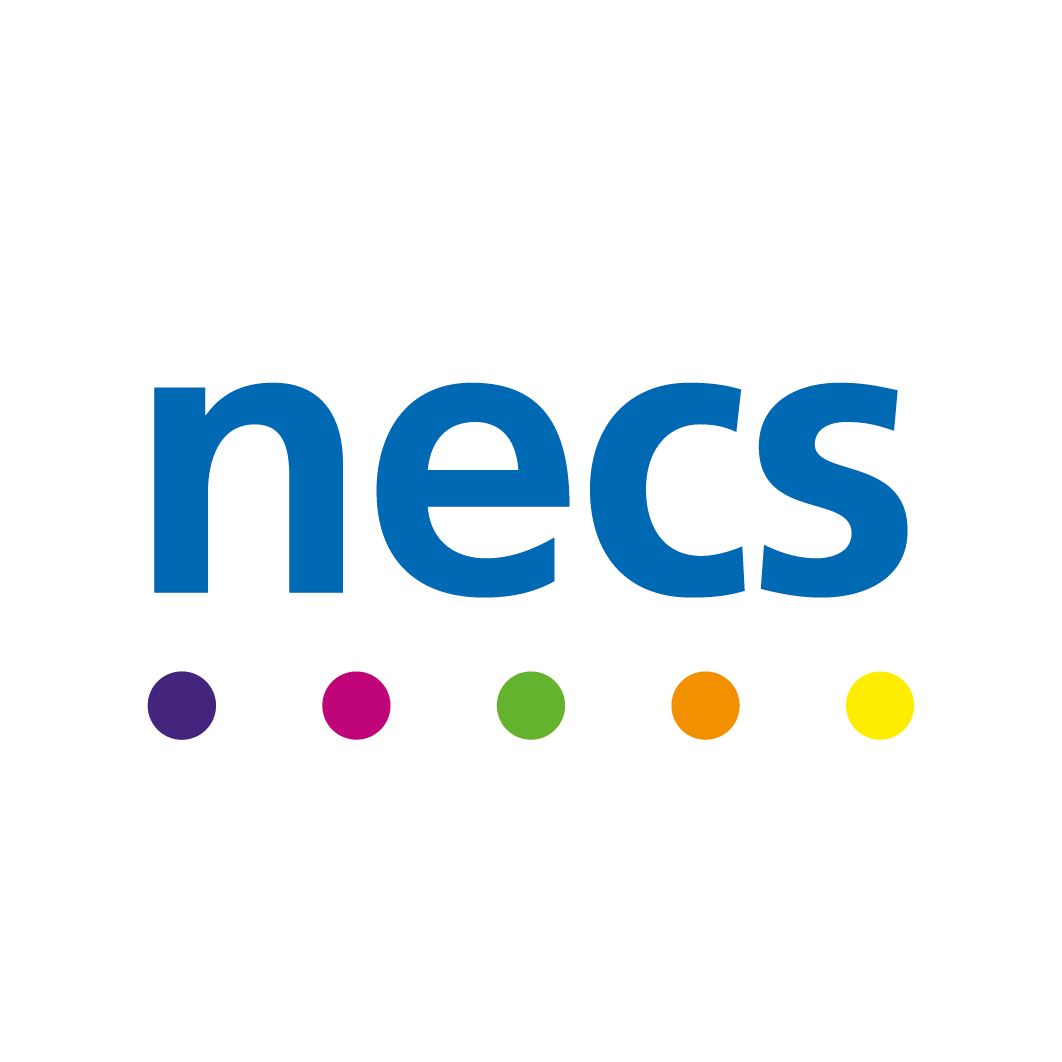Who we are
We are the Digital Transformation and Optimisation Services (DTOS) team within NECS, a multidisciplinary group of experts dedicated to delivering impactful, people-centred digital transformation across health, social care, and related sectors.
Our team is founded on strategic insight, operational expertise, and cross-sector collaboration. Many of our members bring over 25 years of experience in transformation, having led a wide range of regional and national digital projects and programmes.
We collaborate with NHS organisations across the health and social care landscape, delivering digital improvement programmes to GP practices, local authorities, care homes, and third-party partners. Our goal is to help these organisations navigate the complexities of digital transformation and achieve measurable, impactful outcomes.
Transformation is more than just technology, it’s about seamlessly aligning people, processes, and systems with organisational goals. That’s why we prioritise human factors, practical implementation, and long-term sustainability in every engagement.
We offer:
- Nationally recognised, award-winning services (including BCS UKIT Award)
- PMO oversight that aligns with national governance and assurance frameworks
- Scalable support from strategic planning through to hands-on delivery
- Deep knowledge of NHS and care sector workflows, systems, and challenges
Whether you’re implementing a new EPR system, optimising clinical software, guiding staff through change, or redesigning services for the future, we provide the tools, expertise, and strategic support to ensure success
Our services
We provide an end-to-end portfolio of services covering every aspect of digital transformation, optimisation, and delivery across primary, secondary, and social care settings:
Strategic and Digital Transformation
- Digital maturity assessments and future planning
- Local and regional digital strategy development
- Horizon scanning to identify innovative, future-ready solutions
- Programme and system design tailored to clinical and operational priorities.
Project and Programme Management
- Full lifecycle delivery from inception to implementation and benefits realisation
- Governance, documentation, and reporting aligned to NHS programme standards
- Risk and dependency management
- Remote and on-site PMO support with frameworks, templates, and health checks.
Change Management and Service Redesign
- Engagement and communication strategies to support adoption
- Process mapping, redesign, and benefits-led transformation
- Transition planning, including service continuity and risk mitigation
- Cultural and behavioural change support.
Clinical System Optimisation
- End-to-end GPIT delivery, including deployments and upgrades
- Remote and in-practice system configuration
- Data quality reviews, workflow improvements, and template optimisation
- Supplier coordination and technical assurance.
Training and Workforce Development
- Tailored training programmes across all major clinical systems
- Fully remote training capability and live broadcast services
- Content creation including e-learning, user guides, and video walkthroughs
- System readiness and user adoption support.
Quality Assurance and Evaluation
- Independent programme assurance reviews and audits
- Post-implementation reviews and benefits realisation reporting
- Lessons learned facilitation and process improvement.
Our expertise
There are a number of teams within the Digital Transformation and Optimisation Service at NECS:
Case studies
No Results Found
The page you requested could not be found. Try refining your search, or use the navigation above to locate the post.

